Djunga de Biluca
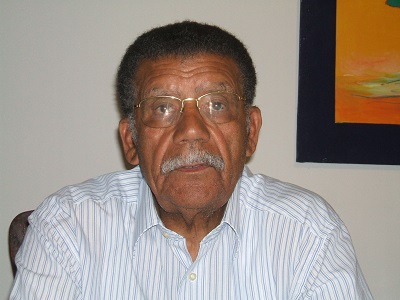
João Silva
Songwriter, producer, editor
Mindelo, São Vicente, 1929 – Rotterdam, Netherlands, 2023
Djunga de Biluca was a pioneer in Cape Verdean emigration to Europe, a militant in the struggle for Independence, and the founder of Morabeza Records, which released 40 LPs and more than a dozen EPs in the second half of the 1960s and early 1970s. He was also a songwriter, with lyrics set to music by Luís Morais, Tazinho, and Bonga, sometimes using the pseudonym Tijom.
Born in São Vicente and raised in Santo Antão, he became a sailor at age of 18, leaving Cape Verde for the first time clandestinely to escape military service. However, he returned two years later to visit his Family and was caught. “As I had an electrical engineering degree and they needed someone with that training, they took me, and I had to stay for three years. When I left again, it was still a bit of a runaway.” (Cabo Verde & a Música – Dicionário de Personagens). After some time as a seafarer, he settled in the Neteherlands, working for Philips in 1955.
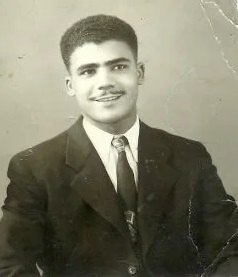
In the 1960s, he entered the record production scene – first with Casa Silva, for three years, and from 1968 with Morabeza Records. Among the albums released by this label are those by the legendary Voz de Cabo Verde (in its first formation), as well as the debut albums of Bana and the Angolan Bonga. On the first album he released, titled simply afret the group, Cabo-Verdianos na Holanda, Djunga de Biluca plays percussion. He mentions in his memoir that it was Abílio Duarte who suggested they make the recordings. The result was an instrumental LP, as they didn’t have a singer. “They were all seafarers; they came to the house, played the guitar, so I said, let’s make a recording. But it was not a group that was created with the intention of lasting”, he recalls in Cabo Verde & a Música – Dicionário de Personagens.
Even on this first album, his commitment to the Independence movement is clear – his connection to PAIGC dates back to 1962 – as the text on the cover, written by him, is quite poignant: “… it is in our songs that we express what the mouth doesn’t say, what the hand doesn’t write. Mute anger, mute disgust, mute despair…”. At the same time, he released three EPs with recordings brought to Holland by Frank Cavaquinho, including the first in which Cesária Évora’s voice appears.
At that time, the Cape Verdean community in Rotterdam began to grow, while the Portuguese consulate did nothing for the “Portuguese” originating from the colony. In response, a Cape Verdean association was founded in 1967 by a group of immigrants, including Djunga de Biluca and Constantino Delgado. Following Delgado, who opened the Pensão Delta, Djunga de Biluca began, through sponsoring, to encourage other Cape Verdeans to move to Rotterdam, helping them secure jobs on ships departing from that port city.
Throughout these years, he lived between political activism, mobilizing compatriots for the struggle, and maintaining contacts with leaders in Guinea, while also facing difficulties with the PIDE. At the same time, he acted as a manager for Voz de Cabo Verde and worked as a record producer. In 1972, he was officially accredited as the party’s representative in the Netherlands and Luxembourg, a role he held until his retirement in 1990.
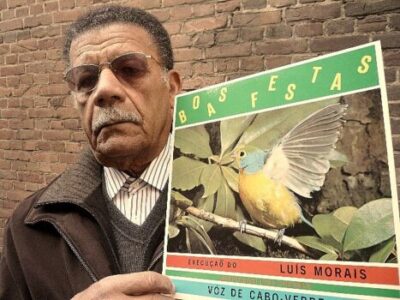
The record label Morabeza Records, after a period of great activity lasting until 1975, continued to exist for another 20 years before going bankrupt due to a large order of records placed by the State of Cabo Verde for Expo Seville (1992), which went unpaid, and the case eventually ended up in court. It is in this context that several of Morabeza Records’ LPs were reissued on CD. Later, a nephew of Djunga de Biluca tried to reactivate the label in France, but the initiative was short-lived.
In 2003, Djunga de Biluca was decorated by the President of Cape Verde, Pedro Pires, with the medal of the Amílcar Cabral Order, and the following year by the Queen of the Netherlands with the rank of Knight of the Oranje-Nassau Order. In 2015, he received the Drs. H.H. Horsting Prize for his role in laying the foundations of the Cape Verdean community in Rotterdam. Watch the a interview on Letra das Ilhas TV.
He published his memoirs, De Ribeira Bote a Rotterdam, in 2009.
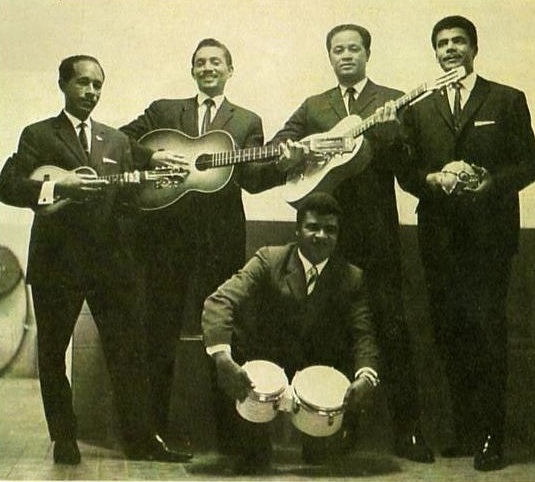
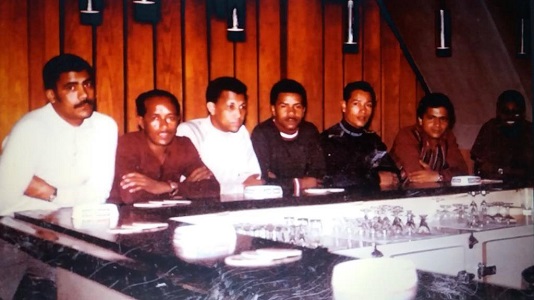
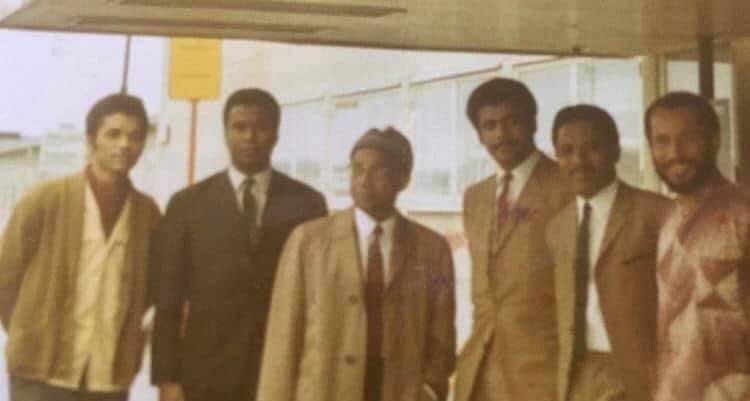
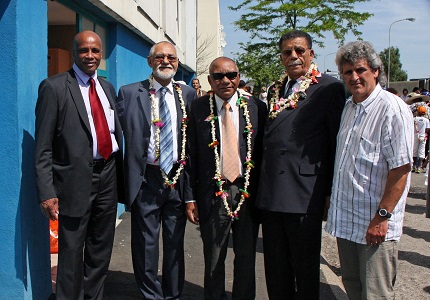
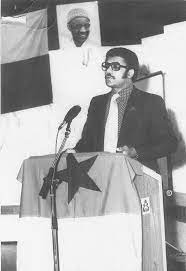
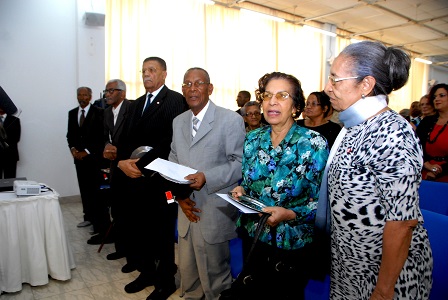
Songs
Merecimento de Mãe, Fidjo di Ninguém, Abol sem Brincadeira, Sofrimento de Sodade, Bo imagem, Ragoce d’Manhe, Stóra di nha vida, Segredo de nha vida, Amor di perdição (with Luís Morais); Dispidida (with Tazinho); Ramedi djá tem (with Tião Rocha Perazzo); Dois poemas irmãos (with Bonga).
Book
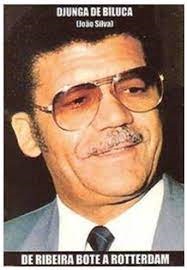
De Ribeira Bote a Rotterdam (memórias). Author’s edit, 2009.
To know more
Documentary in Dutch about Djunga de Biluca and excerpt with Portuguese subtitles